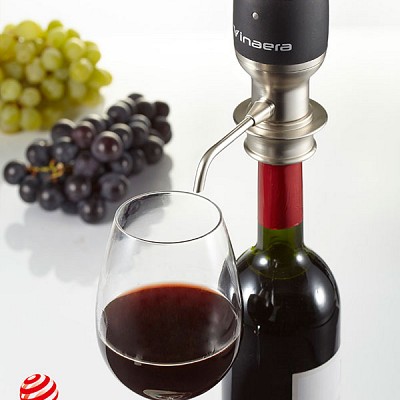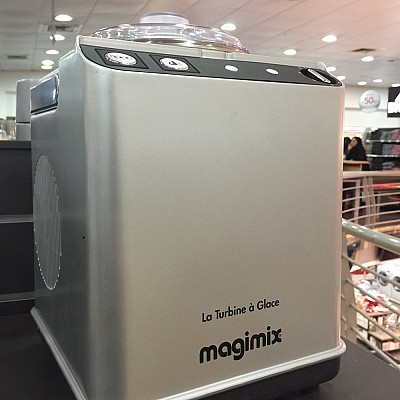Tired of olfactory reminders of last night’s culinary exploits? Get those lingering smells out for good with these ways to reduce kitchen odors after cooking.
The best home-cooked meals are always memorable occasions, but there’s a fine line between memorable and persistent. Kitchen aromas can be a little like houseguests: even the most pleasant ones overstay their welcome eventually. You don’t want to roll out of bed for a midnight snack, only to catch a whiff of that evening’s roasted chicken thighs—those olfactory remnants of sizzling schmaltz can really deaden your appetite for ice cream.
After everyone has enjoyed their meal, you’ll need to dispense with not only your physical garbage but also the lingering odors that stay behind long after the oven is off. If your kitchen doesn’t have the right ductwork to suck up and send out the air and its smells, here are some easy ways to reduce kitchen odors after cooking.
White Vinegar
As a safe household chemical that we always have on hand, a small bowl of white vinegar can work wonders in absorbing residual cooking odors—especially when it involves seafood. Leave the bowl out overnight, and dispose of it in the morning. As effective as this can be, we don’t recommend it for people who are sensitive to vinegar’s own pungent odor. You may end up merely replacing one disagreeable stench with another.
Simmering Spice Blend
Rather than using vinegar, you may find it preferable to overpower a bad smell with a good one. Lemons are far more than a cooking ingredient or an accent to iced tea—they’re a natural and efficient way to clean up your kitchen. Lemon juice and salt can help you clean a wooden cutting board effectively. Then, once you’ve extracted the juice, keep the peels behind to help fight odors. Combine lemon peels and some reliable sweet spices—think cinnamon, cloves, and ginger—in a saucepan, and heat them on the stove before bringing the mixture back down to a simmer. This will release much more pleasant aromas into the air, and the acidic compounds in lemons could help break down the more persistent odors.
Install a Ductless Hood
When it comes to releasing smells that stick around, the open-air milieu of the stovetop is usually to blame. Not only are there spills and splatters to deal with (and dealing with those splatters is another big way to reduce kitchen odors after cooking), but uncovered food also sends vapors right into the air. Those with homes outfitted with ducted hoods can flip the exhaust fan on, but when this isn’t an option, a ductless hood can be an effective alternative, with charcoal filters that absorb and neutralize household aromas without the need for costly and intrusive HVAC installation.






































